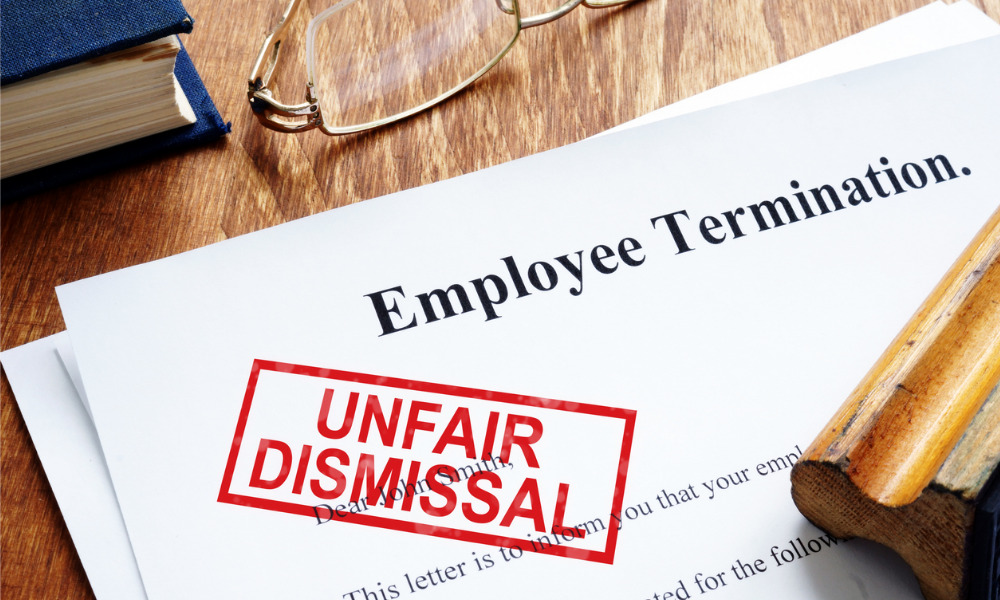
Lack of clarity in performance warnings renders dismissal unfair

In this FWC case, the applicant was employed as a vendor replenishment planner for a Melbourne bakery.
Throughout her first eight months of employment, the applicant made numerous errors in her role, which included dispatch plan errors, incorrect reporting, an order shortage, incorrect order details and incorrect data entry. In August 2020, the applicant attended a performance meeting with her supervisor and employer. She conceded that during this meeting, labelled a “final warning”, she was told that her overall performance was not adequate.
Following this meeting, the applicant continued to make regular errors, including one occasion where she incorrectly entered data, which resulted in lost stock worth $1686. The applicant’s employment was terminated on 22 September. However, there was a dispute as to when and how the termination took place.
Ultimately, the Commission accepted that there were two meetings held on 22 September. In the first meeting, the employer “raised a few points”, but did not provide any details as to her performance deficiencies. In the second meeting, the applicant was told that her employment was terminated, and was shown the termination letter. The Commission was satisfied that the applicant’s errors constituted a valid reason for her dismissal. However, it found that the decision to terminate the applicant’s employment was made during the first meeting, but the reasoning behind the dismissal was not discussed until the second meeting. As such, the Commission was not satisfied that the applicant was notified, nor provided a full opportunity to respond to, the reasons for her dismissal.
The Commission also found fault with the fact that, while the applicant was notified of her performance issues, she ought to have been expressly told that termination was a possibility if her performance did not improve. Given these reasons, the Commission was satisfied that the applicant’s dismissal was unjust and unfair. Compensation is yet to be set.